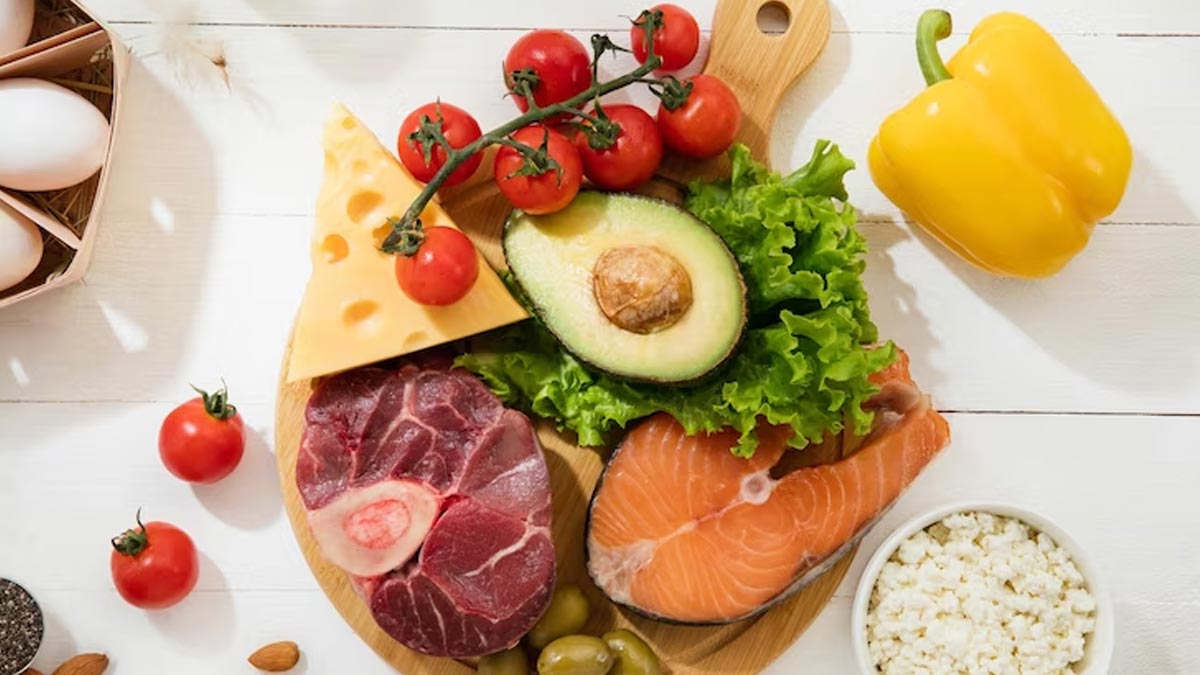
If you are thinking of adding a little family member to your world? Before embarking on a wonderful adventure of pregnancy, consider giving your body a nutritional head start. Optimising your diet preconception isn't just about providing building blocks for your future baby, it's also about creating a healthy foundation for yourself.
Table of Content:-
“Pregnant women must prioritise their food in order to suit their unborn offspring' particular nutritional needs. During the second and third trimesters, the body demands extra nutrients, with an additional consumption of 400-500 kcal per day advised,” said Swathi, Dietician, Manipal Hospital, Vijayawada.
Here are 10 dietary changes to embrace for a smoother journey towards conception:
1. Prioritise Folic Acid
This nutrient helps prevent birth defects and ensures proper neural development in your little one. Load up on leafy greens, lentils, whole grains, and fortify your breakfast with a prenatal vitamin containing 400 mcg of folic acid.
Also read: Pregnancy With Diabetes: How To Manage Blood Sugar Levels
2. Embrace Whole Grains
Ditch the refined carbs and swap them for their whole-grain counterparts. Brown rice, quinoa, whole-wheat bread, and oats are packed with fibre, B vitamins, and iron – all essential for healthy ovulation and hormone balance.
3. Fill Your Plate with Colourful Veggies
Vegetables are powerhouses of antioxidants, vitamins, and minerals. Aim for a rainbow of colours on your plate – oranges for vitamin C, red peppers for vitamin A, and broccoli for folate and fibre. Aim for at least 5 servings daily.
4. Choose Healthy Fats
Not all fats are created equal. Ditch the saturated and trans fats found in fried foods and processed snacks. Instead, embrace olive oil, avocados, nuts, and seeds for heart-healthy omega-3 and monounsaturated fats, crucial for hormone regulation and egg health.

5. Lean on Lean Protein
Protein supplies the building blocks for your baby's development. Opt for lean sources like chicken, fish, beans, lentils, and tofu. Fatty fish like salmon and tuna provide essential omega-3s for brain development.
6. Limit Sugar and Refined Carbs
Spikes in blood sugar can wreak havoc on your hormones and ovulation. Cut back on sugary drinks, white bread, pastries, and processed foods. Choose complex carbohydrates from whole grains, fruits, and vegetables for sustained energy and hormone balance.
7. Stay Hydrated
Water is vital for all bodily functions, including the reproductive system. Aim for 8-10 glasses of water daily, especially if you exercise or live in a hot climate.
8. Minimise Caffeine and Alcohol
While the occasional cup of coffee might be okay, excessive caffeine and alcohol intake can impact egg quality and sperm health. Moderation is key, or consider eliminating them altogether if you're struggling to conceive.
9. Read Labels Carefully
Hidden sugars, unhealthy fats, and additives can lurk in packaged foods. Make a habit of reading ingredient lists and choosing whole, unprocessed foods whenever possible.
Also read: Arthritis During Pregnancy: Expert Lists Symptoms And Management Tips
10. Don't Deprive Yourself
Restricting your diet too severely can be counterproductive and lead to stress. Enjoy occasional treats in moderation, listen to your body's hunger cues, and focus on building a sustainable, healthy eating pattern that you can maintain during pregnancy and beyond.
Remember, these are just guidelines, and every person's needs are unique. Consult your doctor or a registered dietitian for personalised preconception dietary advice. With conscious food choices and a positive mindset, you can nourish your body and pave the way for a healthy, happy pregnancy journey.
Also watch this video
How we keep this article up to date:
We work with experts and keep a close eye on the latest in health and wellness. Whenever there is a new research or helpful information, we update our articles with accurate and useful advice.
Current Version